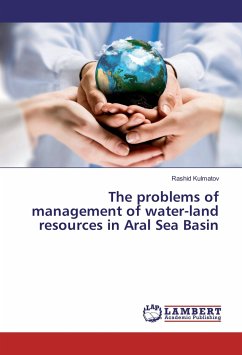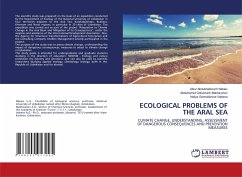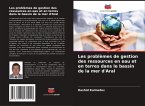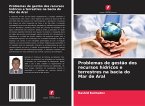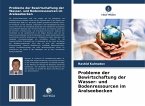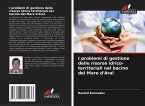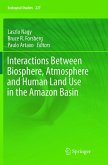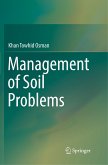The Aral Sea catastrophe adversely affects the environmental and socio-economic situation, as well as regional climate in the Aral Sea Basin (ASB) countries. Two largest trans- boundary rivers: the Amudarya and the Syrdarya originate in the high mountains of the Pamir and the Tien Shan. The present research provides a detailed quantitative and qualitative overview of the Amudarya and Syrdarya Rivers, as well as collector drainage and ground water resources. Due to the aridity the agriculture in the Bukhara region depends heavily on irrigation. However, the flat topography of the region does not provide sufficient natural drainage. As a result water logging and raising groundwater tables are serious problems for the agricultural productivity. In combination with the high salinization of the irrigation water, this leads to a widespread soil salinization. Intensive irrigation, saline water resources, shallow groundwater tables and high evaporation rates lead to the enrichment of salts in the top soils and reduced soil productivity. The system "groundwater-soil-meteorology-irrigation" is highly complex, so that not a single parameter is controlling the salinization process.
Bitte wählen Sie Ihr Anliegen aus.
Rechnungen
Retourenschein anfordern
Bestellstatus
Storno

